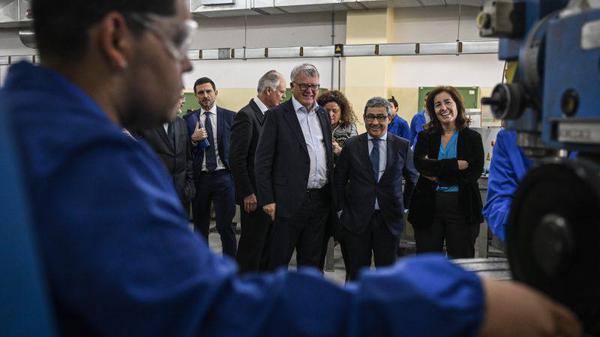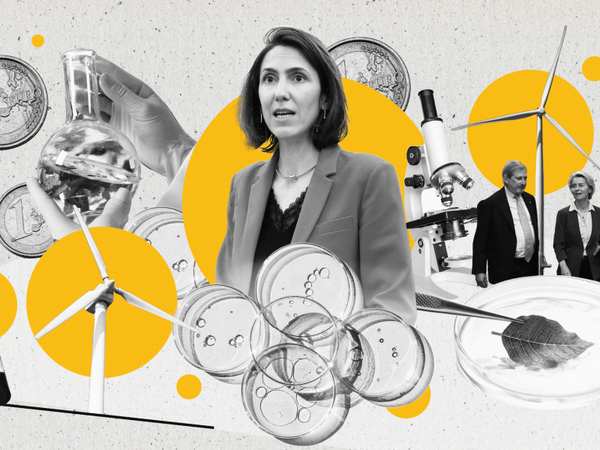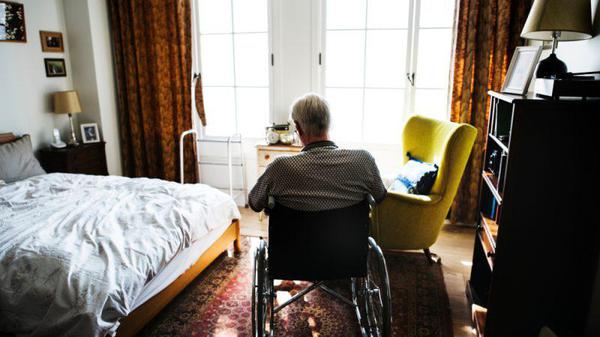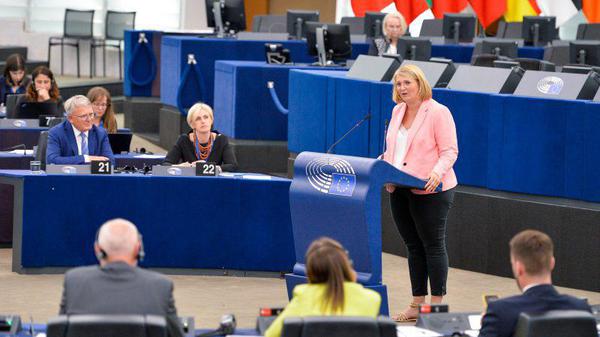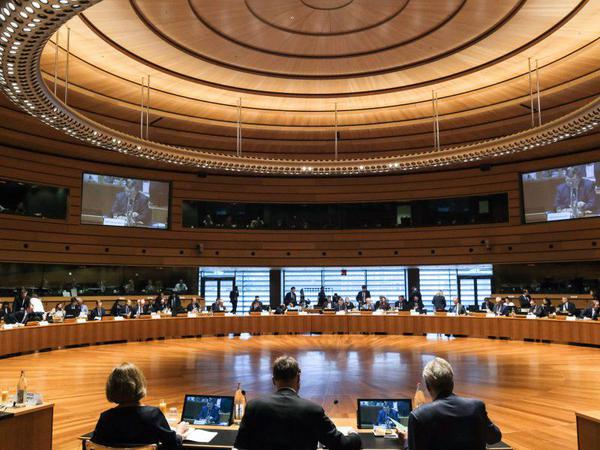
After losing $112 million, Boone Health declines to release financial records
Boone Health has lost more than $112 million since becoming an independent community hospital in 2021. Now, both the hospital’s elected officials and its administrators say the hospital is on track to stabilize its future finances.
But Boone County residents will have to take their word for it.
But Boone County residents will have to take their word for it.


